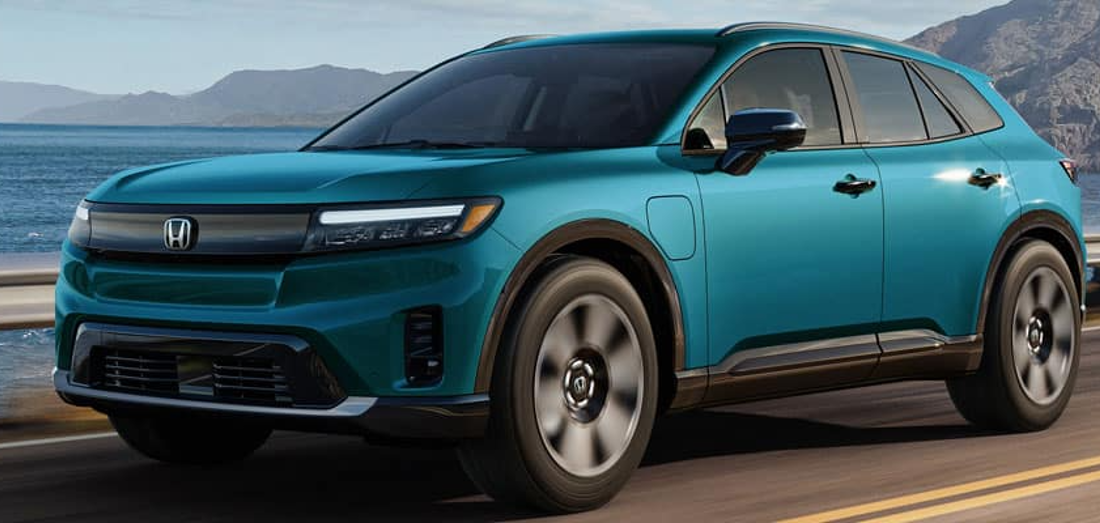The end of the third quarter of the year has come and gone, but the GM chip shortage continues to loom large.
The fact that many vehicles we expected to see brought to dealerships by now are still waiting for these chips, automakers around the country are having to slow down production and lift sales expectations. When will there be enough chips for production to continue as it did before the pandemic? How will automakers bounce back? Can this shortage and slowdown be used as a forced recession in the automotive world?
Several Plants have Sat Idle
FourGM plants in the United States are being impacted by the global shortage of microchips. These plants are in Fort Wayne, IN, Wentzville, MO, Spring Hill, TN, and Lansing, MI. Three more plants in Mexico and one in Canada are also being temporarily shut down as we wait to see when the semiconductor chips will finally arrive.
This isn’t the first slowing of production that GM has faced this year; initially, the company worked to only slow down the lines of vehicles that were not as profitable as others. This meant the Chevrolet Traverse, Buick Enclave, and GMC Acadia were all slowed or stopped because of the low sales numbers. At that time, large trucks, large SUVs, and the most popular models being built by the company were still being produced.
COVID-19 Strikes Again
If you were under the impression that we have gotten out of this pandemic and no longer had to worry about it, you would be wrong. This pandemic is showing its ugly head once again with the GM chip shortage. While most of the plants making the semiconductor chips are back to producing at a much higher rate than during the pandemic, the supply chain has not been replenished because of the pandemic-related restrictions in other countries.
The shortage of parts continues to linger and causes most of the automakers in the country to work to figure out what they can do to build enough vehicles to sell. Unfortunately, the ripple effect of this shortage reaches most customers who are finding much higher prices for new and used vehicles at their local dealers than they would have found before the pandemic.
Numbers from Other Automakers
The August sales numbers for Ford showed they sold 124,000 cars and light trucks, which was one-third less than the same month last year, during the pandemic. Honda reported a sales decline of 16 percent, and Toyota dropped two percent from their sales numbers for the same month. These numbers result in dealerships with fewer vehicles in stock, slower ordering processes, and higher prices at the dealership.
The shortage of semiconductor chips is not only impacting the brands that we find on the roads as the most common models, but Tesla has reported the supply chain shortage is why they aren’t able to start selling the new version of the Roadster sports car and will push it back unto 2023. The production of the pickup truck and semi-truck from Tesla has also been delayed, and that delay will continue until the supply is moving more freely.
Why Should We be Concerned About the GM Chip Shortage?
GM is one of the automakers that has taken an approach to building vehicles during this shortage that was more hopeful than others. In an effort to keep employees working and have vehicles ready for the chips to arrive, GM began building some models with everything on them except the microchips. As some of the chips arrived, these vehicles were completed and shipped to dealers.
With the shortage of microchips, the plan to build some vehicles and have them waiting for the all-important semiconductor chips has had to end. The lots next to the assembly plants are filling up, and with four plants being slowed or shut down, vehicles are not moving from the assembly facility to the dealerships the way they should be.
Another concern regarding the GM chip shortage is the fact that some of the most profitable vehicles are being impacted. The Fort Wayne, IN plant is where many of the GMC and Chevrolet trucks are built. With this plant shut down, the most profitable segment of the GM vehicle lineup will be adversely impacted. This could cause serious problems for the company going forward, but GM is not alone, as we have seen from some of the other brands that have reported sales drops already.
The Shortage Lingers Longer; 2022 May be Affected
The shortage of parts needed to complete vehicle production has lingered much longer than expected. Many companies had forecasted that we would no longer be facing this shortage of parts at this point in the year, but they were wrong. Has this shortage forced a recession in the automotive industry?
Ford, GM, and Chrysler all moved away from building sedans and hatchbacks during the past couple of years. The exceptions to this are the sports cars, the Chevrolet Malibu, and the Dodge Charger. This mode took away a segment of the market that wasn’t profitable for any of these companies. Does this move place these automakers in a better position for the future because they have cut the models that don’t make money?
How Will the Automotive Landscape Look Going Forward?
The GM chip shortage is going to eventually be lifted, and the supply chain will be running smoothly again, but no one knows when that will be. Before we get to that point, will other models in the market lose ground and be deleted from the market? Is it possible we won’t see minivans continue forward, or will there be more sedans that won’t be renewed? Are there models that are scheduled for the first part of 2022 that will be pushed back?
The automotive landscape is a bit bleak right now, but things could turn around within the next few months. Let’s hope they do; there are many customers out there waiting for their new GMC Sierra or Chevrolet Silverado that is having a hard time finding what they want right now.
This post may contain affiliate links. Meaning a commission is given should you decide to make a purchase through these links, at no cost to you. All products shown are researched and tested to give an accurate review for you.




